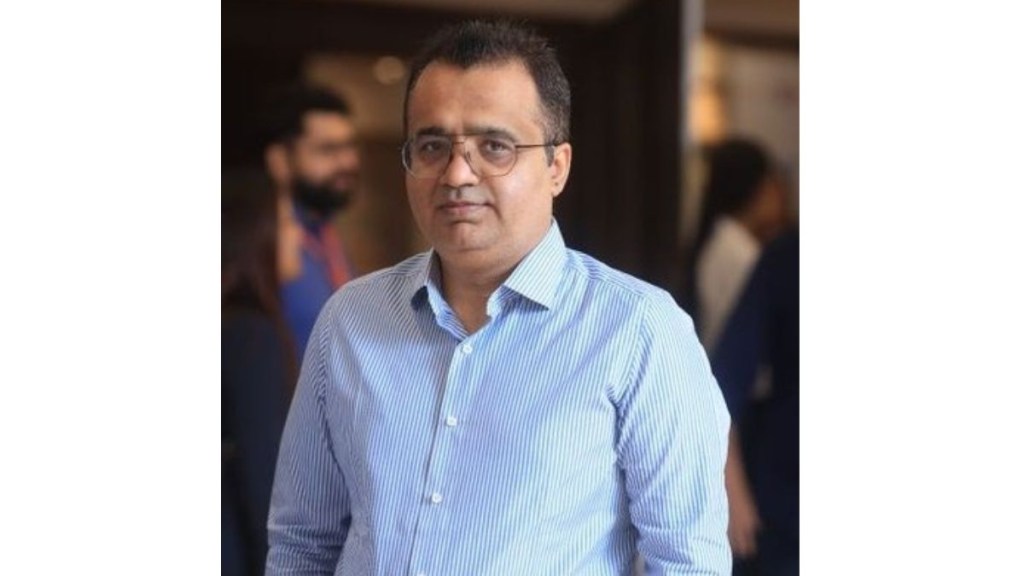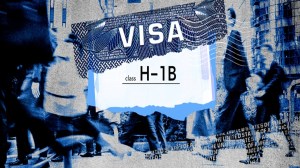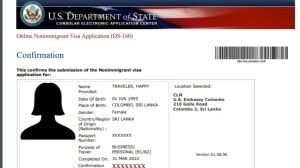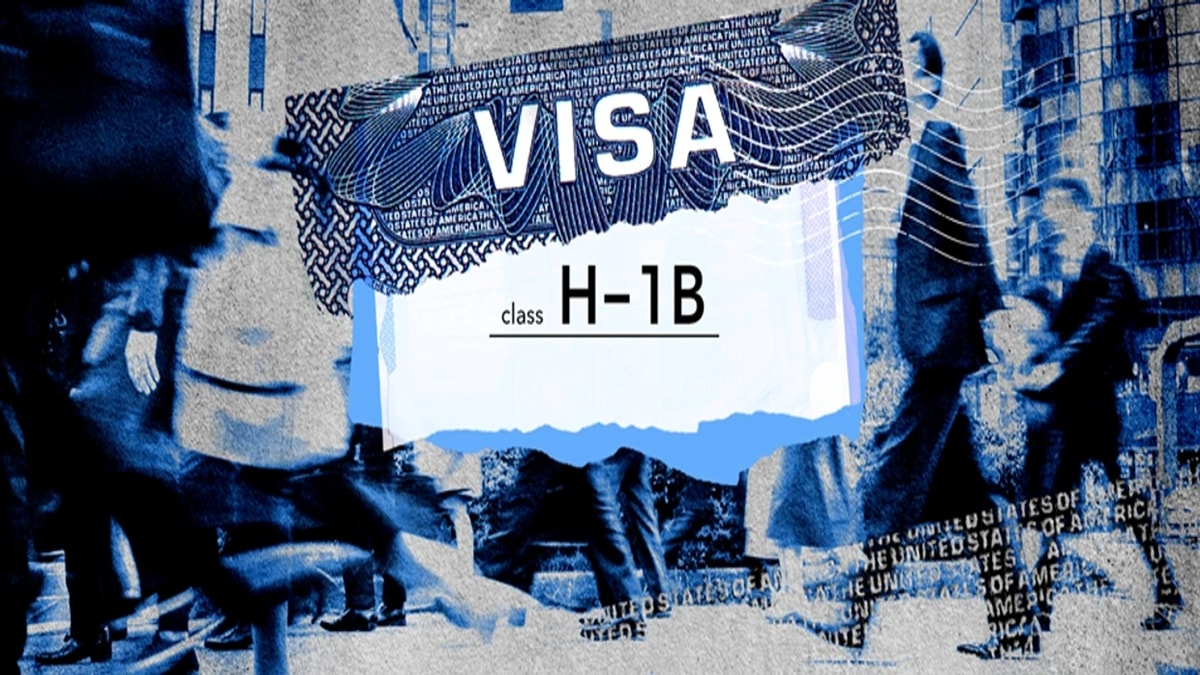By Hemant Sood
Living in a diverse nation, multiculturalism has become very visible in the corporate domain. As a result, in order to flourish and succeed, Indian companies have embraced diversity and inclusion programs. According to a Harvard Business Review study, diversified businesses generate 19% more revenue through innovation. A diverse and inclusive workplace encourages a diverse variety of perspectives, which promotes creative and inventive problem-solving and decision-making.
Given the significance of diversity and inclusion in an organization, the role of HR has become indispensable. From talent acquisition and workforce management to employee retention and welfare policies, HR functions as an important part of every aspect of business. While the responsibilities of HR are bound to advance, new-age technologies have emerged as promising resources, allowing human resources to bring in better talent while efficiently managing the existing personnel. Among various cutting-edge technologies, AI and ML have surfaced as game changers, betting on HR challenges while providing robust solutions. According to Gartner, 76% of HR leaders believe that if the firm does not adopt and apply AI solutions within the next 12 to 24 months, it will fall behind those that do.
AI and ML: Changing the Dynamics of Modern-Day Talent Acquisition
Applicant screening and sourcing: The advent of AI and ML has certainly revolutionized talent acquisition. The days of manually searching through resumes and cover letters are long gone. Today, AI and ML algorithms evaluate massive volumes of data to find the best applicants, saving HR managers unnecessary hassle. Based on the gathered data, these tools screen the best candidates in line with the company’s needs. Furthermore, AI and ML also help increase candidate engagement by automatically sending chats, emails, and assessments. In an effort to speed up the process, these technologies collect needed information from candidates, arrange interviews for shortlisted individuals, and even conduct an early round of interviews before the organization’s formal interview process begins.
Predictive recruitment: Knowing whether a new talent is an accurate fit for the organization or not has been a persistent challenge. This is where, in order to mitigate the obstacles, artificial intelligence and machine learning have come forward as game changers in the recruitment industry. By employing predictive analytics, both AI and ML predict perfect candidates, thereby leading to organizational success. As a result, greater prediction increases the likelihood of the applicant remaining with the same company for a longer length of time. In addition to bringing the right talent on board, both of these cutting-edge technologies also foster diversity in the hiring process. By ditching gender, race, age, and associated characteristics when examining profiles, I and ML focus on hiring the appropriate talent.
Candidate experience: For candidates considering different positions in various companies, it is their experience that determines their final choice. Thus, for HR, creating a satisfactory employee experience has become paramount. Here, AI and ML come in as key tools, supporting HR in creating a pleasant experience for new applicants. Using both of these technologies, HR can provide smooth interaction, ensuring candidate queries are solved on time. This, in turn, will engage potential employees during the early stages of the interview process, persuading them to stick with the organization.
The future of HR!
According to a Deloitte survey, 53% of organizations are redesigning their HR programs to incorporate digital technologies, while 22% have already used AI to offer HR solutions. This suggests that the future of human resources will be more reliant on AI and machine learning technology. Human resource departments will be able to streamline their operations, boost productivity, and improve the entire applicant experience as more organizations implement these solutions. Furthermore, the application of AI and ML in HR may help detect patterns and trends in applicant data, allowing firms to make more educated recruiting and talent management choices.
Furthermore, as we go into the digital era, AI and ML technologies will advance and grow more complicated. This means that HR professionals will have access to more complex tools and capabilities, allowing them to optimize operations and make data-driven decisions. With advancements in AI and ML, the future of HR holds immense promise for increased efficiency, improved talent acquisition, and increased employee pleasure.
The author is founder, Findoc









